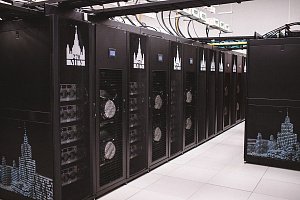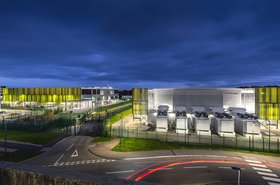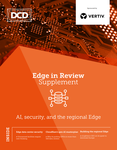Moscow State University (MSU) in Russia has installed a new supercomputer, called MSU-270, dedicated to artificial intelligence (AI).
According to MSU, the new system has 400 "AI" petaflops of computational power, and combines with MSU's existing Lomonsov-2 supercomputer for a single high-performance computing (HPC) cluster.
Details shared by MSU about the supercomputer are sparse, though the university states that it features a network capacity of 200 Gbps and that the storage network has a "similar" performance. MSU also stated that the supercomputing complex includes a new power supply, cooling, and communications system.
MSU has also stated that the new architecture will be based on the "active use of graphics processors," and was inspired by "advanced examples of implemented supercomputer projects at the best universities around the world."
"We have initiated the launch of this project," said Viktor Sadovnichy, the head of MSU. "We believe that from this moment on, the MSU-270 supercomputer is operational."
The supercomputer will be used as part of the university's scientific program researching AI and big data, developing new AI methods and tools, solving information security problems, and creating new software for AI systems. The system will be accessible by university departments, including the Research Computing Center, the Faculty of Mechanics and Mathematics, and the Faculty of Computational Mathematics and Cybernetics among others.
The supercomputer was enabled as part of the Moscow State University Development Program, an initiative planned to run through till 2030 and funded by the Russian government.
According to Sadovnichy, MSU was the first university in Russia to have its own computer center, launching in the 1950s.
"The best minds in the field of information technology are concentrated within the walls of Moscow State University, many of whom are our graduates. Advanced computers were developed and implemented here. Moscow University today remains the domestic leader in the field of modern computing technologies. The introduction of a new supercomputer will allow us to compete with world leaders and give new impetus to solving problems in the development of domestic software, training highly qualified personnel in the field of supercomputer technologies, and conducting scientific research in the field of artificial intelligence,” said Sadovnichy.






